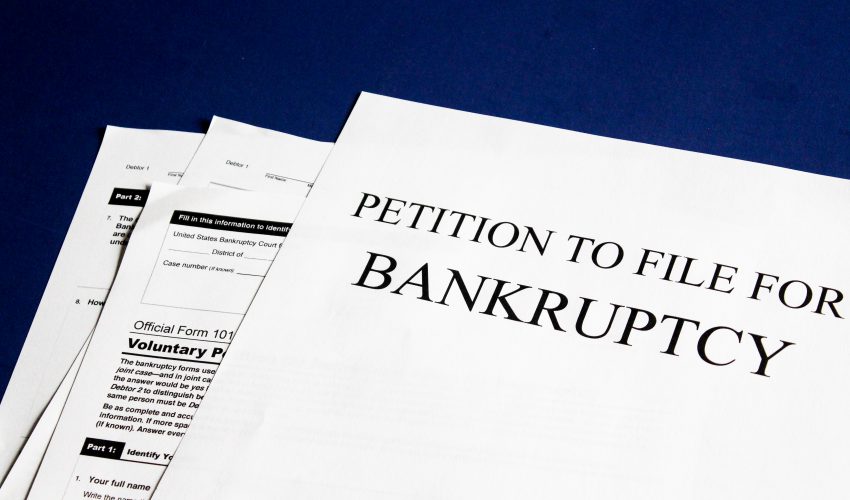FOR IMMEDIATE RELEASE
February 25, 2020
ATTORNEY GENERAL SEAN D. REYES SUPPORTS BILL LIMITING “VENUE SHOPPING” IN CORPORATE BANKRUPTCY FILING
Reyes Joins Coalition of 42 Attorneys General on Bipartisan Legislation
SALT LAKE CITY, UT – Utah Attorney
General Sean Reyes has joined a bipartisan coalition of 42 state and territory
attorneys general in supporting H.R. 4421, the
Bankruptcy Venue Reform Act of 2019, bipartisan legislation that
will prevent a corporation from filing for bankruptcy in a District that it
believes would be more favorable on issues to the debtor’s advantage—a practice
known as “forum shopping”—when the corporation’s principal place of business or
assets are located in a different district, which imposes a burden on states
and other creditors who may have to travel and incur significant expenses to
pursue their claims.
Under current U.S. law, individuals must file only in the district in which
they have resided for a majority of the 180 days prior to filing. However,
corporations are permitted to pursue bankruptcy in any district in which the corporation has a
minor affiliated interest, no matter how small or recently created. In addition
to conferring a distinct advantage to the corporation’s interest, it encourages
placing cases in some of the most expensive legal markets in the country,
contributing to the ever-growing costs of these cases. Generally, businesses
and consumers who interact with the debtor are located in areas where the debtor
primarily operates and having to travel to distant places makes it harder to
protect their interests. The same applies to states that may be owed taxes
or other payments, and may need to incur expenses to collect, that could wipe
out any amounts collected through the bankruptcy.
Furthermore, because each individual court currently sets its own requirements
for allowing non-local attorneys to appear, including deciding whether to
charge an admission fee in each case, and/or to require that local counsel must
be associated to the case, financial burdens and unnecessary delays in pursuing
justice are virtually unavoidable. The attorneys general letter,
therefore, encourages Congress to ensure that when government attorneys appear
on behalf of their governments, they can participate in the bankruptcy without
having to pay excessive fees or hire local counsel.
“Corporations should be required to play by the same rules that the individuals
do when it comes to bankruptcy cases,” said Attorney General Reyes. “It’s
not right that big companies can shop around for a ‘better deal’. This
bill will strengthen the integrity of, and ensure fairness in the bankruptcy
system and level the playing field for the financial interests of the public.”
If passed, the Bankruptcy Venue Reform Act of 2019 will:
- Limit where businesses may file bankruptcy by ensuring that they will do so in a jurisdiction in which their “principal assets” or their “principal place of business” are located; and
- Require rules to be prescribed to allow all governmental attorneys (not just U.S. attorneys) to appear without charge and without being required to associate with local counsel.
In the letter, the attorneys general tender support to the Bankruptcy Venue Reform Act of 2019, and contend that passage of the legislation will:
- Reduce forum shopping in the bankruptcy system
- Strengthen the integrity of, and build public confidence and ensure fairness in, the bankruptcy system
- Help consumers and other parties to be represented in court without undue burden
- Level the playing field for state attorneys general to guard their states’ financial interests and enforce consumer protection laws
In signing the letter co-sponsored by the attorneys general of Maryland, Ohio, Texas, and Washington, Attorney General Reyes joins the attorneys general of Alabama, Alaska, Arizona, Arkansas, California, Colorado, the District of Columbia, Georgia, Hawaii, Idaho, Illinois, Indiana, Iowa, Kentucky, Louisiana, Maine, Massachusetts, Michigan, Minnesota, Mississippi, Missouri, Nebraska, Nevada, New Hampshire, New Mexico, North Dakota, Oklahoma, Oregon, Pennsylvania, Puerto Rico, Rhode Island, South Carolina, South Dakota, Tennessee, Utah, Vermont, West Virginia, and Wisconsin.
A copy of the letter is available here.
###


